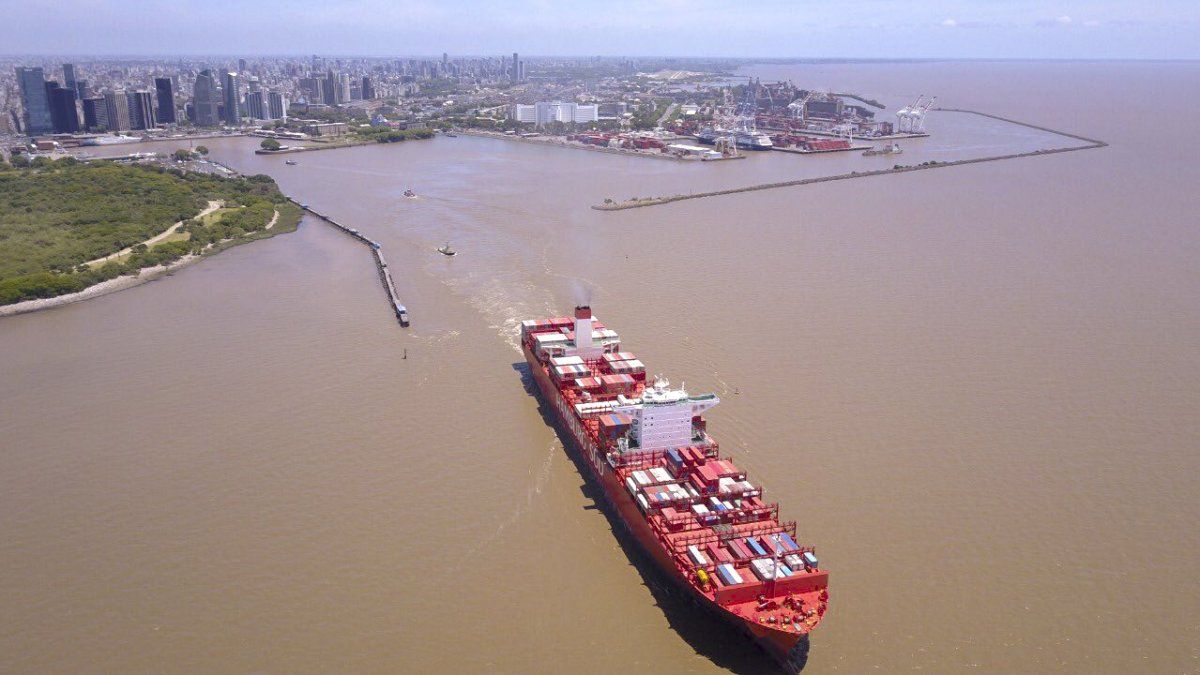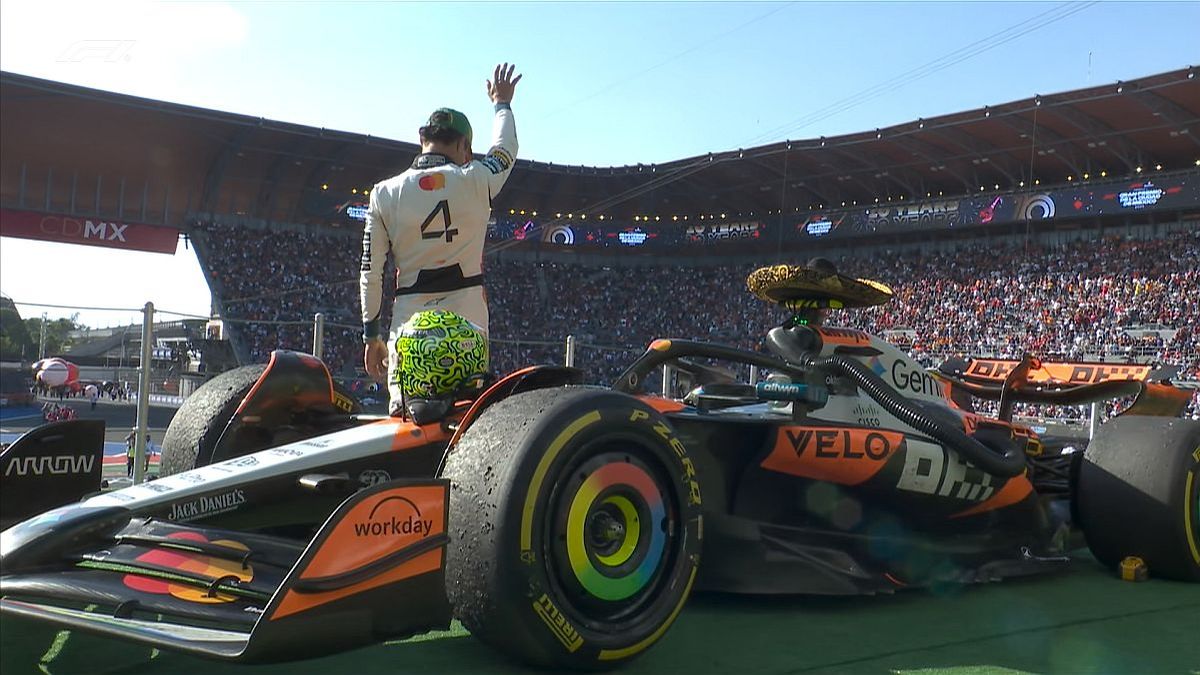The trade balance recorded its ninth consecutive negative balance in November, registering a loss of US$615 million, due to another collapse in exports, The National Institute of Statistics and Censuses (INDEC) reported this Wednesday.
In November, Exports totaled US$4,872 million, with a year-on-year decrease of 31.6%, and imports totaled 5,487 million dollars, equivalent to a decrease of 4.8%. During this year, the ICA only recorded a surplus in February.
The decrease in the turnover of foreign sales showed a 54.2% drop in Primary Products (PP), about US$817 million, due to the lower supply of soybeans and corn, due to the drought. The same thing happened with Manufactures of Agricultural Origin (MOA), which fell 37.5%, about US$1,053 million.
While, Foreign sales of Manufactures of Industrial Origin (MOI) fell 15% to fall by US$308 million, and Fuels and Energy (CyE) fell 9.5%, another US$71 million. In the PP category, a negative variation was recorded due to a decrease of 47.9% in quantities and 12.6% in prices, in the annual comparison.
The decrease was mainly due to lower sales of seeds and oilseed fruits for US$471 million and cereals for US$311 million. The reduction in MOA was due to a 13.4% drop in prices and a 27.8% drop in quantities. The largest decreases were recorded in “residues and waste from food industries” with US$586 million.
MOI’s export turnover decreased as a result of a 9.7% drop in prices and a 5.7% drop in quantitiesdue to lower sales of chemical and related products, US$ 253 million.
The value of CyE exports was reduced due to a 16.6% decline in prices, which was partially offset by an 8.4% increase in quantities increased 8.4%. Indec reported that if the prices of November of last year had prevailed, The trade balance would have shown a deficit of US$ 50 million.
Under this assumption, and given the greater decrease in the Export Price Index (-12.2%), compared to the Import Price Index (-2.0%), The country recorded a loss in the terms of trade of US$577 million.
Economy Minister Luis Caputo announced last week an increase in export withholdings for processed agricultural products, as well as import duties.
However, this Monday, at a lunch with the leadership of the Argentine Industrial Union (UIA), he explained that from the moment Argentina once again has a fiscal surplus, “There is going to be a brutal reduction in taxes, something that we need to do today but we cannot.”
“We are going to have a surplus and there is going to be all that brutal tax reduction that we need to do today but that we cannot. The priority is to reach zero deficit,” said Caputo.
In November, the exchange with Mercosur, the main trading partner, registered a deficit of US$158 million. Exports reached US$1,191 million and were 13.6% lower than the same month of the previous year, mainly due to a drop in MOI sales.
Source: Ambito




